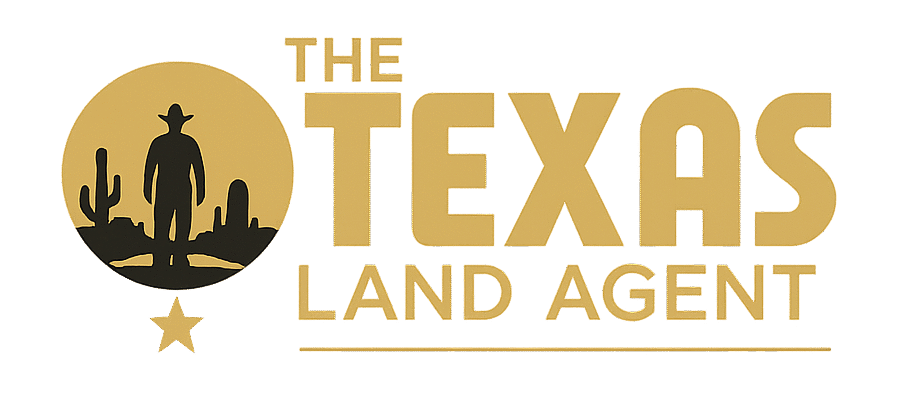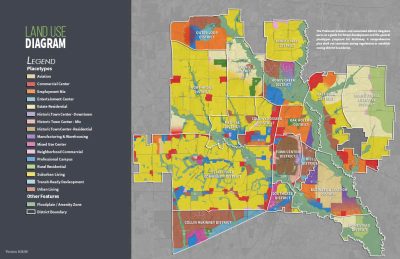Understanding Eminent Domain: What Every Landowner Needs to Know
If you own land, whether a few acres or thousands, there’s one legal concept that could impact your property without much warning — eminent domain. Yes, the term may sound like a legal technicality, but in practice, it’s a powerful tool governments can use to take private property for public use. And while compensation is legally required, it’s not always what landowners expect — or deserve.
That’s why every landowner should know about eminent domain, even if you think it won’t affect you. Because the truth is, it just might.
What Is Eminent Domain and Why Does It Matter to You?
Eminent domain is the legal authority for federal, state, or local governments — and sometimes private companies with public utility status — to acquire private land for projects that serve the public interest. Think highways, pipelines, railroads, power lines, or even schools.
At first glance, this might seem fair — after all, society needs infrastructure. But here’s the kicker: you don’t get to say no. You can negotiate terms, yes. You can fight the valuation. But when push comes to shove, if the government wants your land, they’ll take it. That’s the law.
Your Compensation May Not Reflect Market Value
The U.S. Constitution requires “just compensation,” but what that means is often up for debate. Landowners sometimes find that the government’s initial offer is significantly less than the property’s true worth — especially if it holds special economic, agricultural, or sentimental value.
For example, farmland with long-term generational investment might be appraised at a generic agricultural rate, not considering its potential yield, soil quality, or irrigation infrastructure. That’s a massive financial blind spot.
Eminent Domain Affects More Than Just Urban Plots
A common misconception is that eminent domain mostly targets suburban or city developments. But in reality, rural and agricultural landowners are often in the crosshairs, especially when infrastructure projects like wind farms, energy pipelines, or transmission lines come into play.
These projects require large tracts of open land — and often that means family farms and ranches become the frontline.
Utility Companies Are Often the Real Players
It’s not always government agencies knocking on your door. Utility companies — many of them private entities — often use eminent domain when building energy infrastructure. While they’re legally permitted to do so, their motivation is profit, not public good.
Landowners need to be especially cautious here. These entities might offer easement agreements that sound generous but could restrict land use or lower property value permanently.
Negotiation Isn’t Just an Option — It’s a Necessity
The first offer you receive is rarely the best one. Skilled landowners — or better yet, experienced eminent domain attorneys — often negotiate far higher settlements or challenge the need for the land outright.
You can request independent appraisals, demand clearer justifications for the taking, and even delay the process. This is where knowledge equals power.
The Time to Act Is Before They Come Knocking
Once the legal proceedings start, the clock ticks fast. That’s why being proactive is your best protection. Understand your land’s value. Document everything. Know your rights and the local eminent domain laws.
In some cases, courts have sided with landowners and blocked takings they deemed excessive or unnecessary. But this only happens when landowners are informed and prepared.
Final Thoughts: Why You Should Stay Alert
Eminent domain isn’t just an abstract legal idea — it’s a real-world process that can affect your livelihood, your family legacy, and your financial future.
So, whether you’re a seasoned investor, a third-generation farmer, or someone who simply owns a few peaceful acres, one thing is crystal clear:
Every landowner should know about eminent domain.
It’s not about fear. It’s about being ready.
FAQs
Can eminent domain be stopped once initiated?
Yes, but it’s rare. Courts can halt the process if the taking isn’t for a legitimate public use or if due process wasn’t followed.
Does eminent domain apply to leased land?
It can, but the terms vary. Tenants may receive compensation for damages or relocation, depending on the lease and jurisdiction.
How is compensation calculated in eminent domain cases?
Typically through government appraisals, but these can be challenged with independent appraisals that consider unique land factors.
Can private companies use eminent domain?
Yes. Utility and infrastructure companies often receive legal authority to do so if their project is deemed in the public interest.
What happens if I reject an offer?
You can enter negotiations or take the case to court. Rejection doesn’t stop the process but opens the door for better terms.
Should I hire a lawyer if faced with eminent domain?
Absolutely. An experienced eminent domain attorney can protect your rights and help you receive fair compensation.




